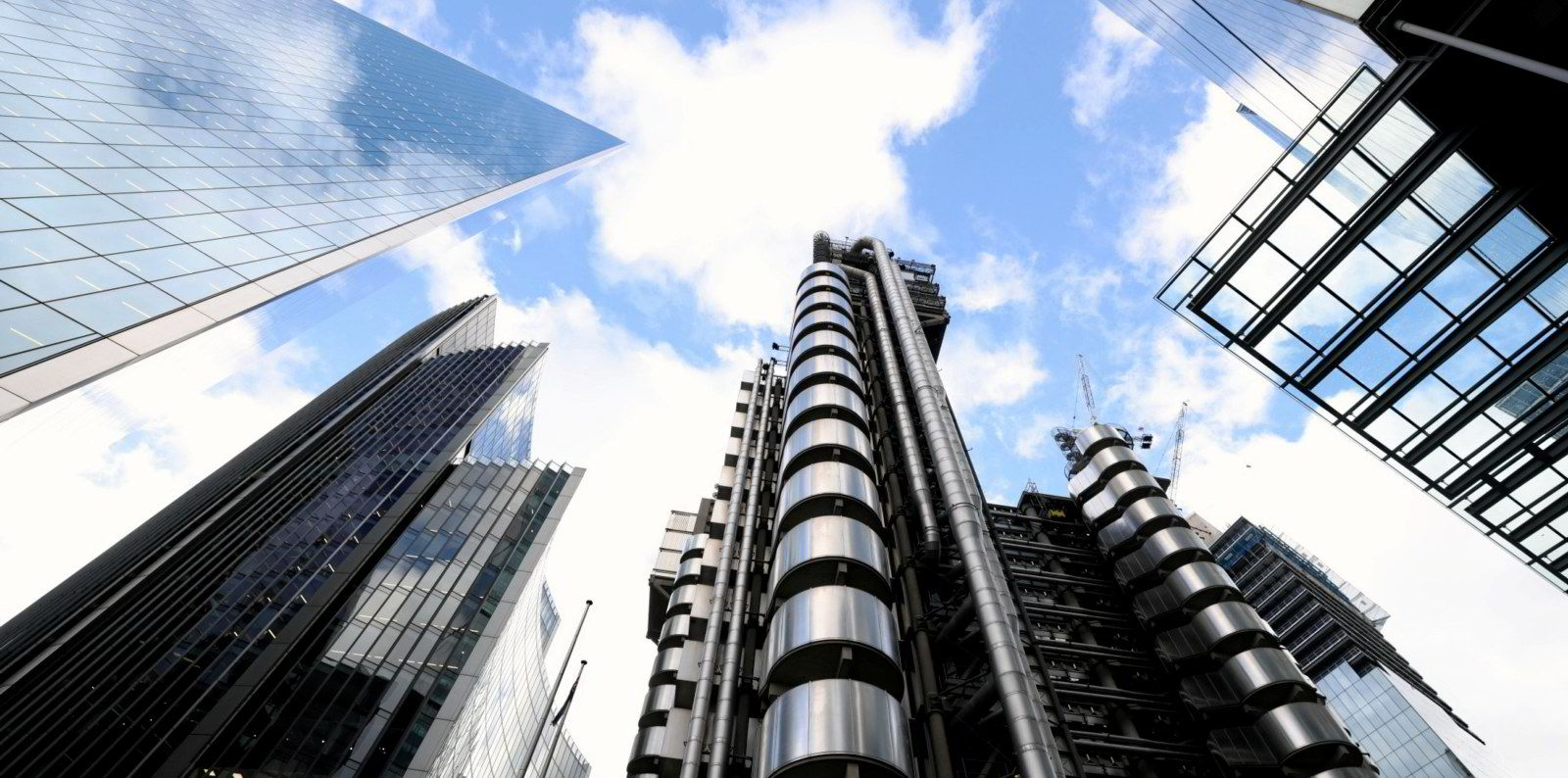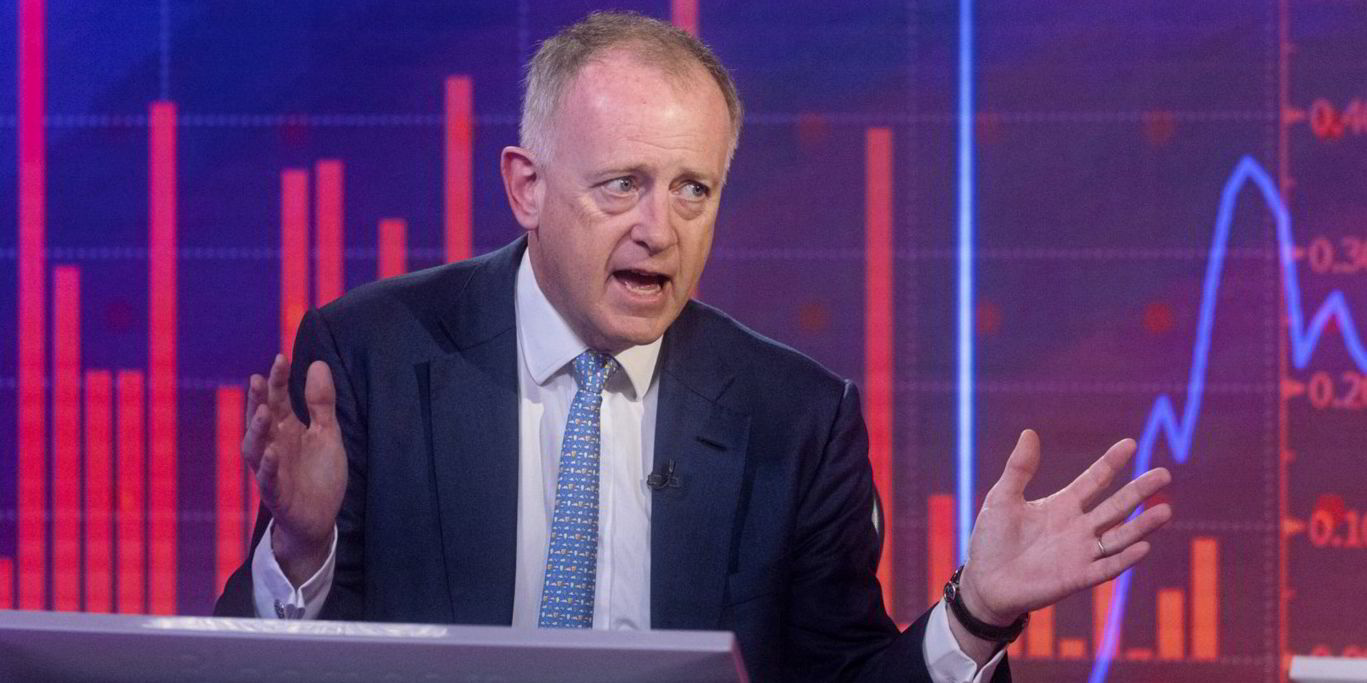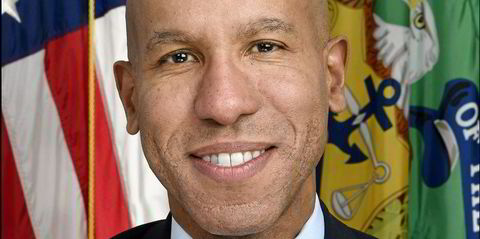Lloyd’s of London, one of the biggest marine insurance marketplaces, is among the sector’s worst performers for meeting standards to tackle climate change and labour abuses, according to a report.
Lloyd’s came third from bottom of a list of 29 major property and casualty insurers after assessing policies for investments or coverage of fossil fuel projects, controversial weapons deals or addressing public health and human rights standards.
A separate tally gave six of 13 large Lloyd’s members the lowest F grade when benchmarked against 30 key standards for the report, Insuring Disaster 2024, by responsible investment campaign group ShareAction.
The study found that only one-quarter of property and casualty insurers or Lloyd’s of London members had set net zero targets for 2050 for their underwriting business that were aligned with the ambition of limiting temperature rises to less than 1.5C above pre-industrial levels.
That potentially puts a large group of marine insurers out of step with the International Maritime Organization’s ambition to decarbonise shipping by aiming for net zero in or around 2050.
Lloyd’s of London operates as a marketplace allowing hundreds of brokers and dozens of syndicates of underwriters to conduct face-to-face business to provide insurance and re-insurance for complex cases. Collectively, it is one of the world’s largest commercial insurers.
But the study painted a picture of poor performance on environmental and social standards across the insurance industry that compared unfavourably with other financial industries, such as asset management.
ShareAction found that half of the 65 insurance companies it assessed were in the two lowest-performing categories.
It said many insurers had failed to rule out covering some of the world’s most controversial fossil fuel projects, including a coal mine project in Australia and a Uganda to Tanzania oil pipeline.
Extremely poor
“This indicates extremely poor performance across both investment and underwriting,” said the 115-page report.
“Performance at Lloyd’s of London is particularly poor, with almost half the managing agents we ranked achieving an F grade — the lowest possible.”
It said the findings paint an “extremely poor picture of one of the most significant entities in the world of insurance”.
Lloyd’s sets the rules for its managing agents — which employ groups of underwriting syndicates that operate in the City of London marketplace — but they are “inadequate” as they are mostly optional, according to the study.
Lloyd’s launched a consultation last year on how it needed to change its practices to address a transition to decarbonised economies.
It said the study was underpinned by a commitment to supporting an “urgent and orderly” transition to net zero.

But ShareAction said it was unclear if the three-year road map would be mandatory for members.
And it said that even if a managing agent followed the “relatively ambitious” guidance, it would still only receive an “extremely poor” E grade in its study.
A Lloyd’s spokesperson said it was focused on achieving net zero by 2050 in line with UK government policy.
“As all insurance in the Lloyd’s market is underwritten by managing agents, not Lloyd’s itself, it is for the individual businesses that operate in the Lloyd’s market to make their own business and strategy decisions.
“Lloyd’s will provide guidance and oversight to the market that supports managing agents on delivering their strategies as part of insuring a global transition.”
Lloyd’s last month posted a big jump in 2023 earnings to £268m ($338m), from £98m in 2022.
Chief executive John Neal said the results were the best in recent history “with an outstanding underwriting result underpinned by a strong and resilient balance sheet”.
Read more
- Baltimore bridge disaster could be shipping’s costliest ever, says Lloyd’s boss John Neal
- Lloyd’s profit hits ‘highest level in recent history’ as cost of disaster claims drops
- Lloyd’s of London claims gains on diversity and inclusion
- War risk market ready to keep Black and Red Sea shipping afloat, says IUMI
- High risk insurance cover for ‘time bomb’ tanker placed in London







